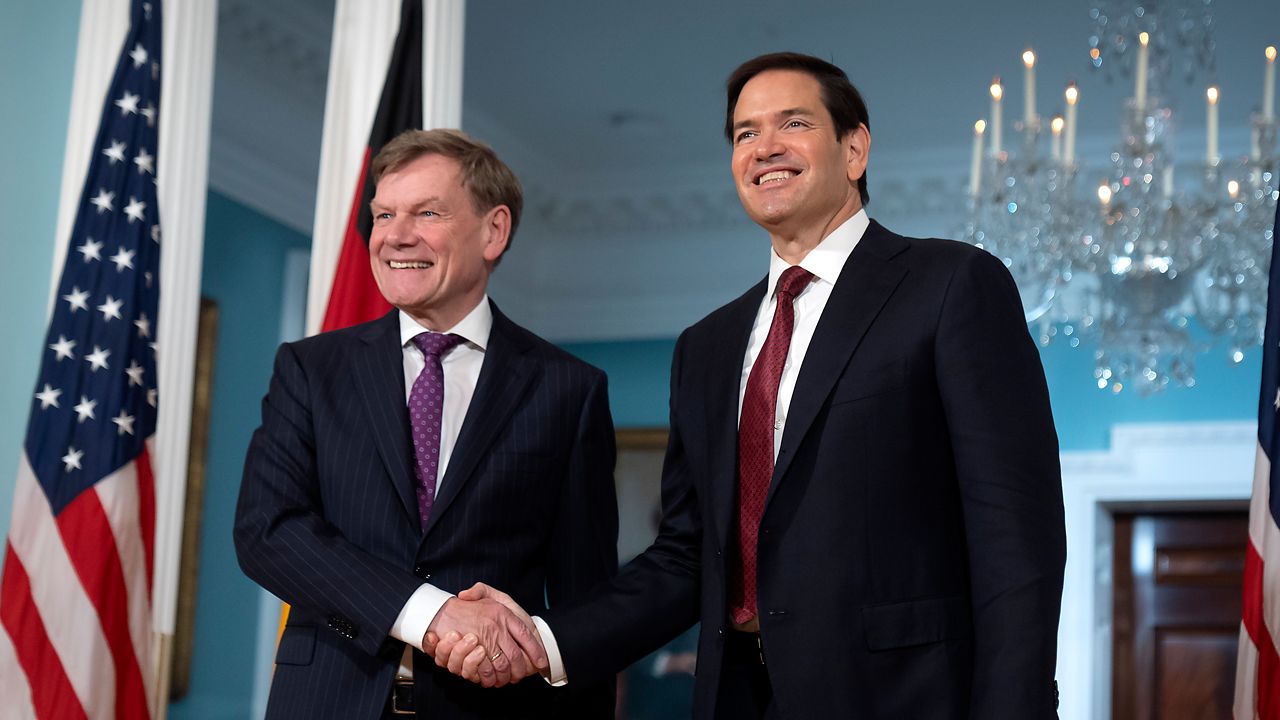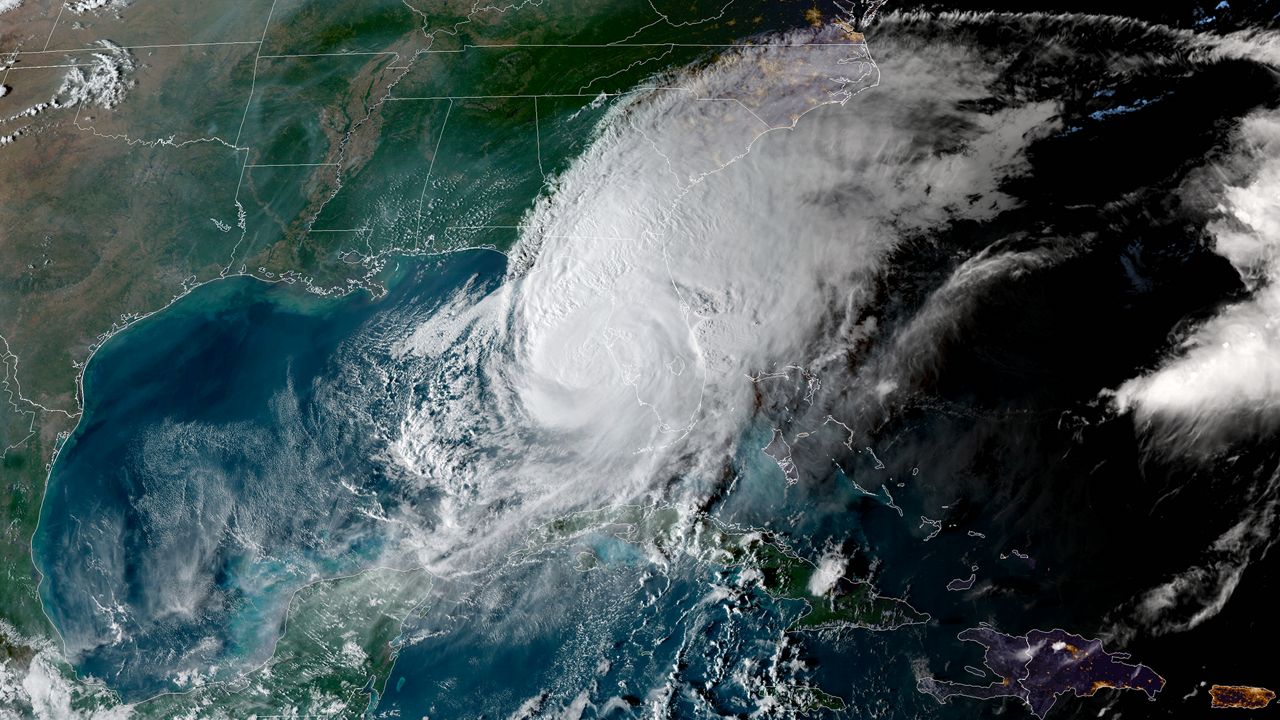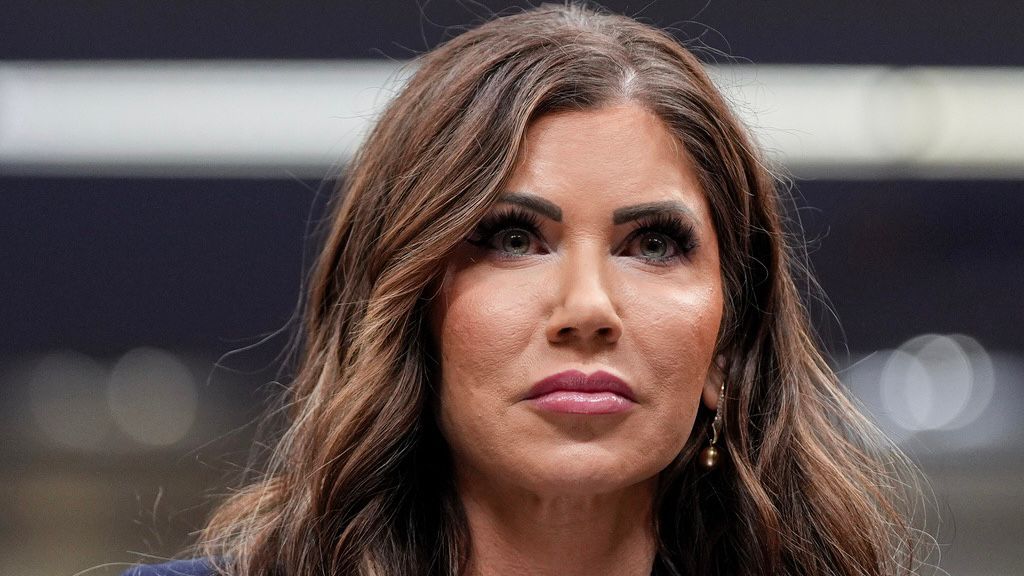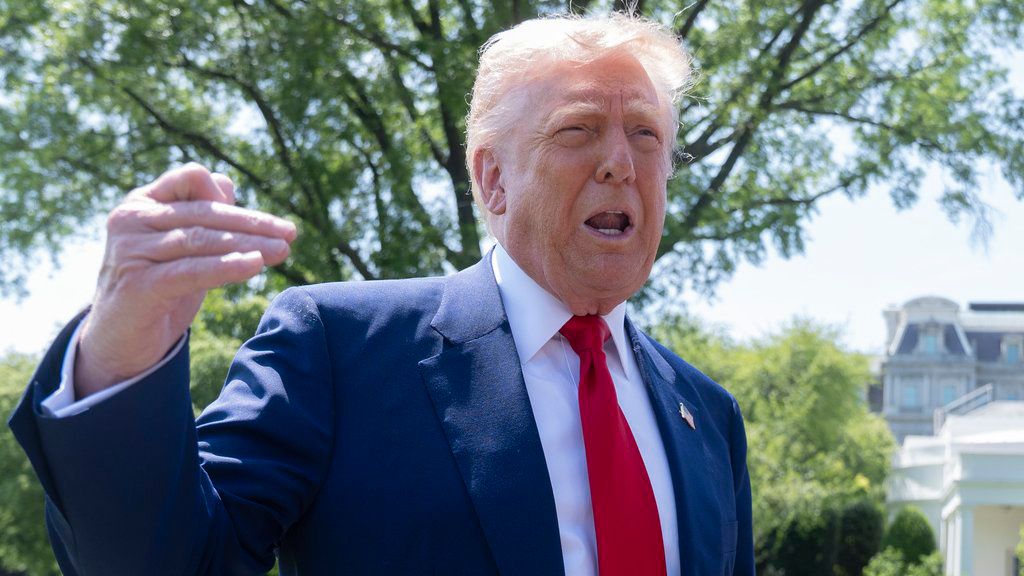The debate over Florida's state budget continues in Tallahassee, and the Federal Reserve decided to leave interest rates unchanged for the third time.
DeSantis tells legislators that any budget with a sales tax cut is 'dead on arrival'
As the budget battle continues in Tallahassee, Florida Gov. Ron DeSantis made it clear Wednesday that he would not sign any budget coming from the Legislature that has a sales tax cut included.
"We need to have a Florida First tax policy here, and that means standing up for our own people before we stand up for the tourists and the foreigners," DeSantis said. "So, I look forward to working with the Senate and relevant House members to have a good Florida First tax package. But I can tell you, any Florida Last tax package is gonna be dead on arrival."
"We are not going to kneecap our ability to provide you property tax relief just so we can give a little bit of a benefit to Canadian tourists. That is not going to happen. So, you can take that to the bank."
Last week, House Speaker Danny Perez created a select committee to explore the idea of property tax reform — a route that DeSantis has said he supports.
He said the panel would be tasked with putting together a constitutional amendment that would be put to the voters in the next election.
During the group's first meeting on May 2, Republican Rep. Toby Overdorg, the committee's co-chair, said "everything is currently on the table."
Democratic committee member Rep. Dianne Hart of Tampa, said she was concerned that property tax relief would come at the expense of the public services property taxes usually pay for.
"What are we going to backstop this tax with that will help our cities?" she asked. "What happens if we get rid of, you know, all the property taxes? Then, how do we pay for our police and fire and all the other things that we have to consider?"
Republican Rep. Ryan Chamberlin, of Ocala, countered Hart's point by arguing that people shouldn't have to pay property taxes in the first place, calling it an "unfair tax."
"We're trying to tweak and adjust an unfair tax," he said. "And what I mean by that is we're taxing people on unrealized gains instead of taxing on real transactions, and not bureaucratic opinion. And when you're taxing on bureaucratic opinions, you've got all these moving parts that you're trying to make it feel right, but it just never ends up feeling right."
State Rep. Hillary Cassell (R), Hollywood, took a more central course when discussing the situation, saying there is a need for immediate relief for taxpayers, but also a conversation to be had about eliminating property taxes completely.
"And those two options are completely opposed and put us on two very different paths," she said. "And if we're really going to get to a place through this committee of having something accomplished, we've got to figure out what our overall goal is."
Federal Reserve leaves key rate unchanged as it sees risk of higher prices and higher unemployment
The Federal Reserve kept its key interest rate unchanged Wednesday, brushing off President Donald Trump's demands to lower borrowing costs, and said that the risks of higher unemployment and higher inflation have risen.
The Fed kept its rate at 4.3% for the third straight meeting, after cutting it three times in a row at the end of last year. Many economists and Wall Street investors still expect the Fed to reduce rates two or three times this year, but the sweeping tariffs imposed by Trump have injected a tremendous amount of uncertainty into the U.S. economy and the Fed's policies.
It is unusual for the Fed to say that the risk of both higher prices and more unemployment have increased. But economists say that is the threat created by Trump's sweeping tariffs. The import taxes could both lift inflation by making imported parts and finished goods more expensive, while also raising unemployment by causing companies to cut jobs as their costs rise.
As a result, the tariffs have put the Fed in a difficult spot. The Fed's goals are to keep prices stable and maximize employment. Typically, when inflation rises, the Fed raises rates to slow borrowing and spending and cool inflation, while if layoffs rise, it would reduce rates to spur more spending and growth.
At a press conference after the release of the policy statement, Powell repeatedly said Fed officials are in a position to "wait and see" what the ultimate impacts of the tariffs are. At the moment, Powell said it's too soon to tell.
"There's so much uncertainty about the scale, scope, timing and persistence of the tariffs," he said.
The central bank's caution could lead to more conflict between the Fed and the Trump administration. On Sunday, Trump again urged the Fed to cut rates in a television interview and said that Powell "just doesn't like me because I think he's a total stiff."
With inflation not far from the Fed's 2% target for now, Trump and Treasury Secretary Scott Bessent argue that the Fed could reduce its rate. The Fed pushed it higher in 2022 and 2023 to fight inflation.
Trump also said he wouldn't fire Powell because the chair's term ends next May and he will be able to appoint a new chair then. Yet if the economy stumbles in the coming months, Trump could renew his threats to remove Powell.
A big issue facing the Fed is how tariffs will impact inflation. Nearly all economists and Fed officials expect the import taxes will lift prices, but it's not clear by how much or for how long. Tariffs typically cause a one-time increase in prices, but not necessarily ongoing inflation. Yet, if Trump announces further tariffs — as he has threatened to do on pharmaceuticals, semiconductors, and copper — or if Americans worry that inflation will get worse, that could send prices higher in a more persistent way.











